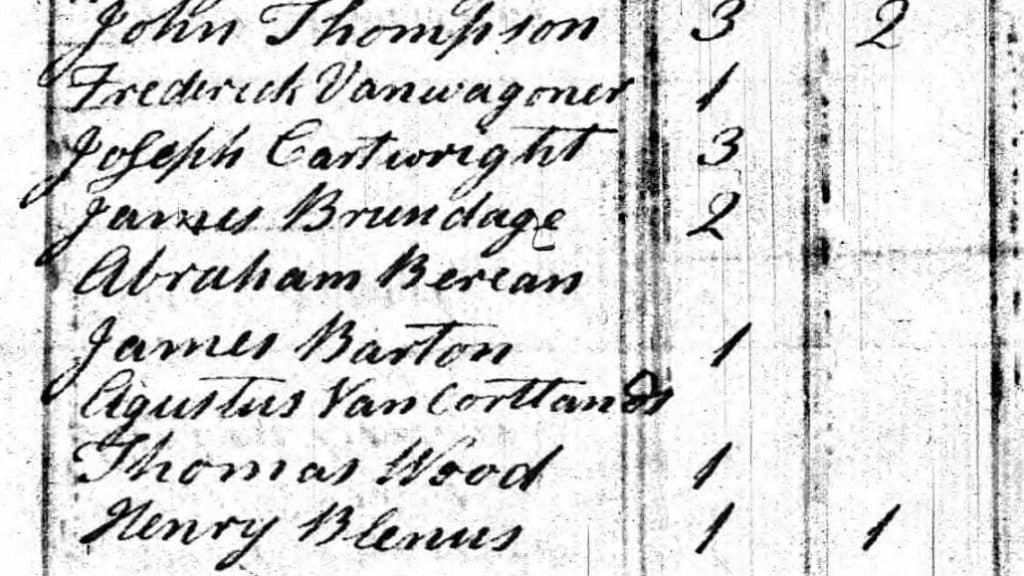
By Dennis Richmond Jr.
A conversation based on slavery is tough. Slavery took place all over the world. Slave owners were not just White. Black people and Indegenous people participated in the slave trade as well. When people think of slavery in the United States, they may think of southern plantations. They may also think about Black men, women, and children picking cotton. Slavery didn’t look like that everywhere.
New York didn’t have sprawling plantations and enormous cotton fields. Some people in New York who were slave owners, owned as little as just one. It might be hard to fathom, but at one point, slaves used to walk the streets of Yonkers. Everywhere from Getty Square to Central Avenue and South Broadway to McLean would have seen their fair share of enslaved Africans.
In 1810, the largest slave owner in Yonkers was Augustus VanCortlandt. Augustus owned 15 people. I did a deep dive into the 1820 United States Federal Census Schedule. Almost 100 years ago, Yonkers had slave owners with some familiar last names. Jacob Odell had a home with 17 people, and five of those people were slaves. Peter Underhill’s house had nine people living in it. Two of the people living in Peter’s house were his slaves. Today, Yonkers has a street that carries the name Odell and has a street that carries the name Underhill.
Women were not excluded from the people-for-profit business either. Martha Valentine and Hannah Horton owned a total of three slaves between the two of them. According to the New York Historical Society, slaves did the majority, “of the work of many households – bringing in the firewood, the water, and the food; cleaning the house and the clothing; removing the wastes. They were vital to the work of early craftsmen and manufacturers, and many became skilled artisans themselves.”
Personally, many of my ancestors were not slaves in 1820. My 6th great-grandmother Tamar Felmetta was a quasi-free Black woman who lived in New York City, New York. My 5th great grandfather Charles Merritt was a quasi-free Black man who lived in Greenwich, Connecticut. Still, that doesn’t take away from my ancestors who were slaves. That also doesn’t take away from all the people who were slaves in Yonkers.
We live in an era where folx debate whether to say “slavery” or “involuntary relocation.” Some people don’t want to discuss LGBTQ+ issues. The least we could do is talk about the history of slavery in Yonkers.
Dennis Richmond Jr. lives in Yonkers and is on Twitter @NewYorkStakz. He is a journalist focused on Black, Latinx, and LGBTQ+ Communities.





